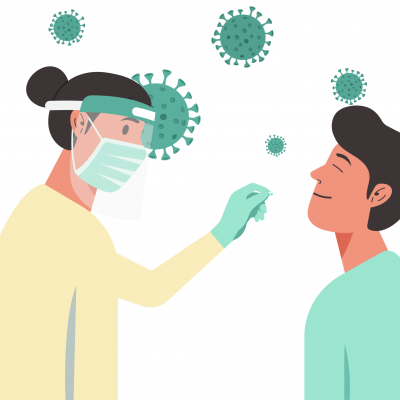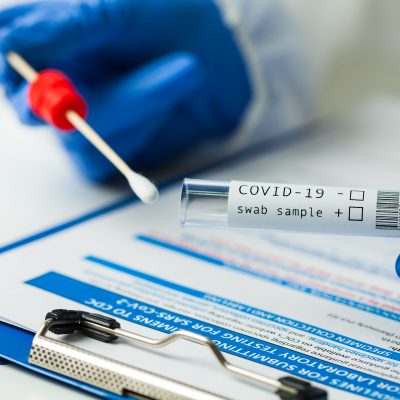Fairfield Medical Center’s Emergency Departments (Main Campus and River Valley Campus) are unable to provide COVID-19 Rapid Tests to asymptomatic individuals for screening purposes. If you are not exhibiting signs of illness and need tested to meet return-to-work or return-to-school requirements, we recommend visiting your primary care provider, urgent care, or an alternative testing location.
The demand for COVID-19 testing fluctuates throughout the year, and each testing location has its own inventory controls and protocols for public to access to tests. When you find a testing location, we recommend calling in advance to ensure tests are available. If testing is not available for any reason, many partners can direct you to an alternate location.
 Fairfield Medical Center’s Urgent Care is now located at 131 N. Ewing St.
Fairfield Medical Center’s Urgent Care is now located at 131 N. Ewing St. A COVID-19 test no longer needs to be completed before your scheduled elective surgery/procedure unless indicated by symptoms or exposure. Please read the below information.
A COVID-19 test no longer needs to be completed before your scheduled elective surgery/procedure unless indicated by symptoms or exposure. Please read the below information.